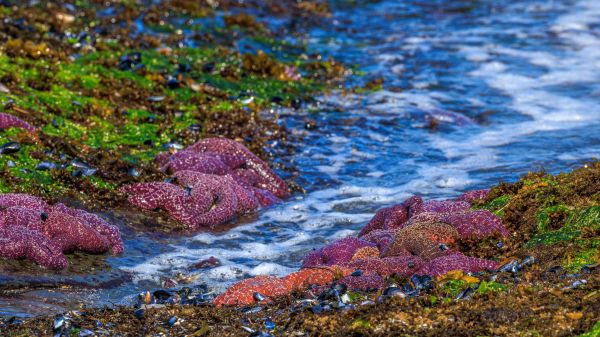Water and Marine Education

These studies included in this collection collectively demonstrate that ocean literacy education has evolved from a grassroots U.S. movement into a global framework now being successfully implemented through diverse teaching methods, innovative technologies, and comprehensive professional development programs that effectively engage learners across all educational levels in marine conservation.
For more information, read the eePRO blog - Ocean Literacy: From Grassroots Movement to Global Educational Revolution
The Ocean Literacy movement successfully evolved from a 2004 U.S. grassroots initiative into a global educational framework influencing international policy, but now faces critical sustainability challenges as reduced American funding has left the original program relying primarily on volunteer efforts.
A comprehensive professional development program dramatically transformed primary school teachers from feeling unprepared (83% before) to confident (80% after) in teaching marine topics, demonstrating that proper training, curriculum-aligned resources, and ongoing support can successfully overcome traditional barriers to ocean education.
Underwater virtual reality creates uniquely powerful "double immersion" experiences that generate strong emotional responses and enhance ocean literacy by reducing psychological distance to marine environments, particularly strengthening awareness, attitudes, and ocean connectedness rather than factual knowledge.
A global review of 74 marine citizen science projects reveals significant potential for enhancing marine conservation engagement, though most projects remain clustered in Western regions and focus primarily on data collection rather than involving participants throughout the entire scientific process.
The Malaysian Nature Society's success in conducting 467 marine conservation education programs demonstrates that environmental NGOs can effectively promote marine conservation through integrated strategies combining knowledge dissemination, hands-on activities, and practical application across diverse stakeholder groups.
Ocean literacy education has rapidly expanded globally since 2016, successfully integrating diverse teaching methods and technologies across all educational levels, though gaps remain in behavioral assessment tools and representation outside Western countries.
